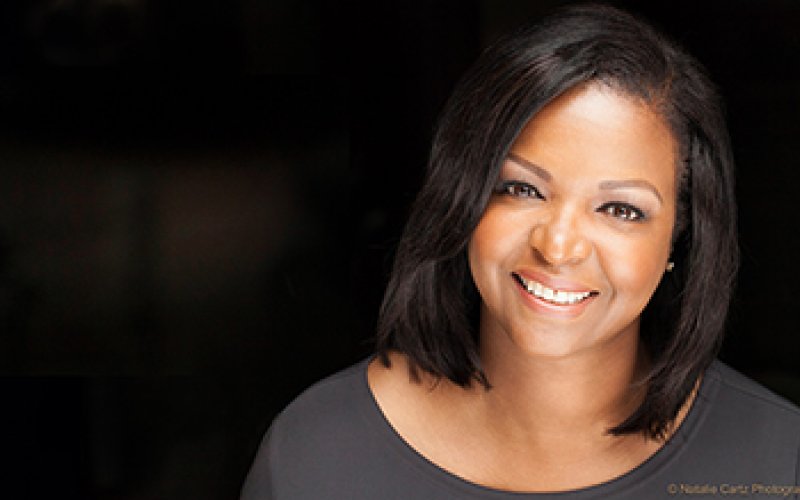Restoring Lives Shattered by Gun Violence

Lisa Good, a School of Social Welfare doctoral student, is an activist in gun violence prevention at the local, state and national levels.
ALBANY, N.Y. (Feb. 18, 2020) — A School of Social Welfare doctoral student was inspired by her experiences and her faith to help Albany families deal with the trauma of gun violence.
Lisa Good of Albany is the founder and director of Urban Grief, an organization that helps local shooting survivors and their families pick up the pieces of their lives in the aftermath of violence. A certified grief recovery specialist and ordained minister, Good said she was inspired by God to launch Urban Grief in 2001.
“Every shooting, every homicide and every act of violence makes another tear in communities of color that are already ravaged by generations of trauma, racism and neglect. These wounds are too deep for Band-Aids. Our communities need transformation,” notes Good on Urban Grief’s website.
“Homicide survivors need justice in services. When black and brown people are victims, they are criminalized. I’ve witnessed this firsthand in working with victims: There is a disconnect and breakdown in services. Things you think would be offered to the families or victims after the homicide or shooting are not offered,” she said. These services may include a mental health referral or information about crime victim compensation from the state Office of Victim Services (OVS).
Good provides crisis support and connects the families to resources as they are grieving, making referrals to OVS and the Albany County Crime Victim and Sexual Violence Center.
The compassion she has for the families she works with stems from firsthand experience. She was 17 when her 19-year-old cousin, John Joseph Harrington, was murdered in Shreveport, La., in 1982.
Losing her cousin created shock waves of trauma in Good’s life, and led her to self-destructive decisions. She became a victim of domestic violence. Today she is happily remarried, the mother of three children and a grandmother.
Good was featured in the Feb. 3 issue of People magazine, one of six gun violence survivors brought together from around the country by the nonprofit organization Everytown for Gun Safety to talk about the devastating impact gun violence has had on their lives, and their hope for change.
Good has been an activist in preventing gun violence at the local, state and national levels, from being the former director of the Should Never Use Guns (SNUG) program, meeting weekly with School of Social Welfare faculty and staff, to being a volunteer survivor fellow for Everytown for Gun Safety.
“The School of Social Welfare, they gave me a home,” she said. Good connected with former Dean Katharine Briar-Lawson, Professor Lani Jones and activist Barbara Smith, and was inspired to return to school, earning an MSW in 2013.
Good praised the school, noting that “Katharine Briar-Lawson made the School of Social Welfare come out of its four walls and go into the community.”
Today, Good is a full-time office assistant in the Office of Diversity and Inclusion, while going to school and running Urban Grief. Her research interest is gun violence and the needs associated with the trauma it causes. In partnership with Trinity Alliance, Good is leading a program funded by OVS specializing in treating urban victims of violence.
When Good is called after a homicide or shooting in Albany, she finds that victims of violence often have many needs. They may need help paying for expenses related to the funeral. Hourly workers may lose wages when they take time off in order to arrange and attend the funeral. Or, when they tend to the medical needs of an injured family member, there is a financial impact that may result in less money for rent or food.
For all the times Good has been interviewed by media in the aftermath of a shooting, she said few stories focus on how a family obtains these resources so that they recover from trauma, pay medical bills and funeral costs, and continue to live.
“What people don’t understand is that the loss and the trauma are enduring,” Good told People. “We are a nation of survivors, and [I speak out] because I understand the need for healing that I didn’t get when my cousin was murdered. We can’t ignore it.”


